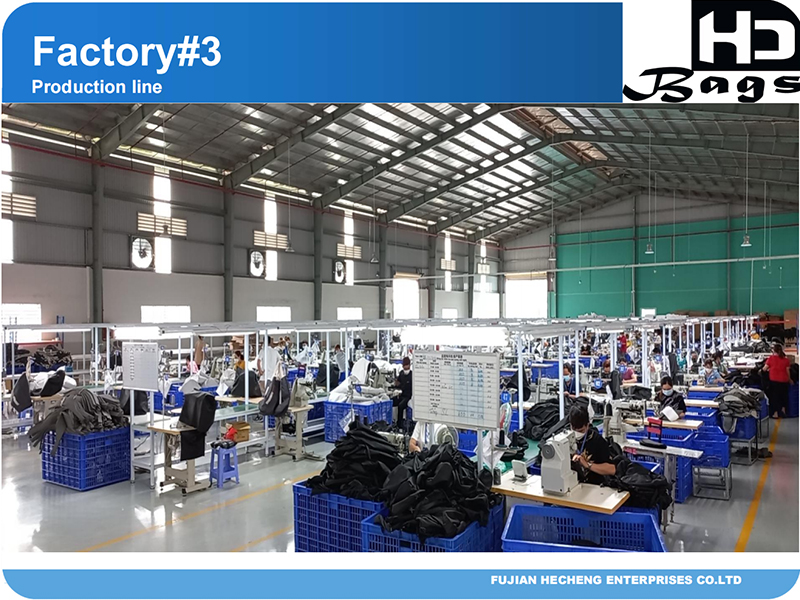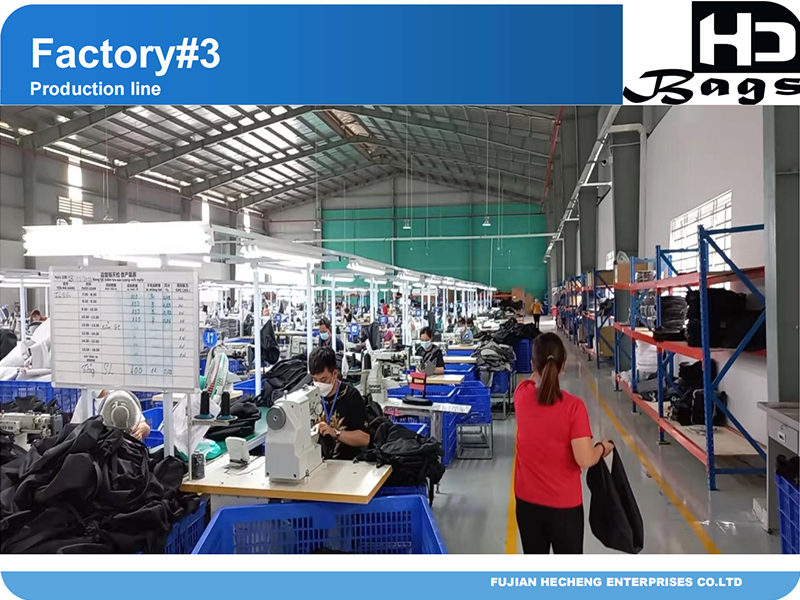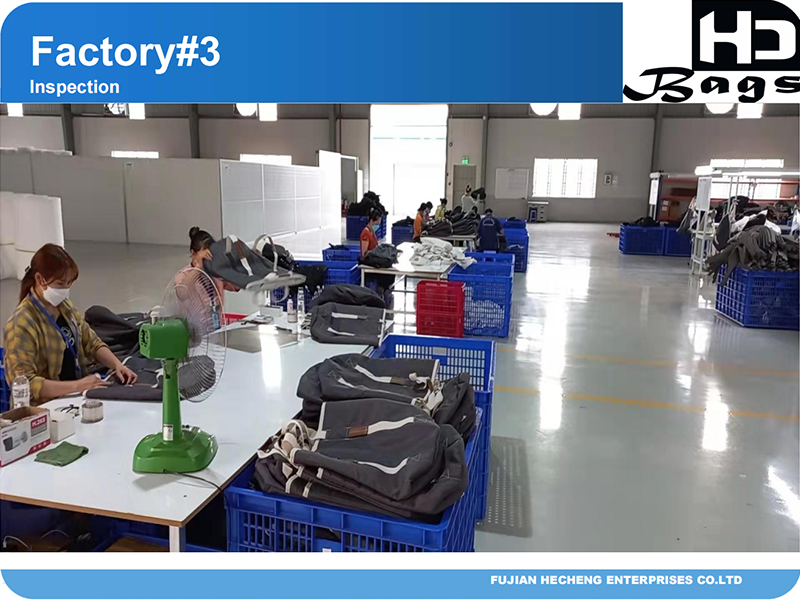Why more European firms are choosing Vietnam over China

A combination of geopolitical tensions and higher costs are pushing large firms to look for alternative production sites.
Vietnam's strong economic performance in recent years has drawn the attention of European firms.
Vietnam was one of the few Asian countries that did not experience an economic contraction during the coronavirus pandemic in 2020 and 2021. This year,Vietnam's GDP is expected to grow by around 5.5 percent, according to the World Bank.
Vietnam's economic performance during and after the pandemic has captured the attention of some major European firms.
"It currently looks as if, in particular, medium-sized companies are increasingly striving to enter the Vietnam market or are putting their activities out of China on a broader basis," said Daniel Müller, manager at the German Asia-Pacific Business Association.

Why are companies leaving
European firms are looking for alternatives to China for several reasons. In recent years, Chinese wages have risen, making China less attractive to low-cost manufacturers.
Average annual wages in China rose from around €5,120 ($5,400) in 2010 to €13,670 in 2020, according to Moody's Analytics.
In 2022, Beijing's ongoing "zero-Covid" policy has thrown global supply chains into disarray as production sits still in locked-down cities. This has also shaken the confidence of EU firms in China as a reliable production site.
All of this has dented the economy and warnings have been raised that China could fall well below its GDP growth targets this year.
In the first three months of 2022, China"s GDP grew by 4.8 percent, below the official annual target of 5.5 percent, according to the World Bank.
"Even prior to the pandemic, we have already seen businesses, particularly those in the labor-intensive manufacturing segment, starting to relocate out of mainland China to other lower-cost countries in the region, including Vietnam," Raphael Mok, head of Asia Country Risk at Fitch Solutions, told DW.

At the same time, Vietnam has become a more attractive destination for investors, he added.
Salaries are lower than in China and Vietnam has a fast-growing middle class. The Vietnamese government is also investing heavily in infrastructure.
The EU and Vietnam ratified a free-trade agreement in 2020, which included an investment pact, the EU-Vietnam Investment Protection Agreement (EVIPA). Bilateral trade rose to €49 billion in 2021, up from €20.8 billion in 2012, the year talks began over the EU-Vietnam Free Trade Agreement (EVFTA).
Whether Vietnam will 'replace' China as a manufacturing option remains to be seen. But as an extended or additional investment location, in addition to China, or as part of a wider China-plus-One strategy, is definitely gaining ground.




